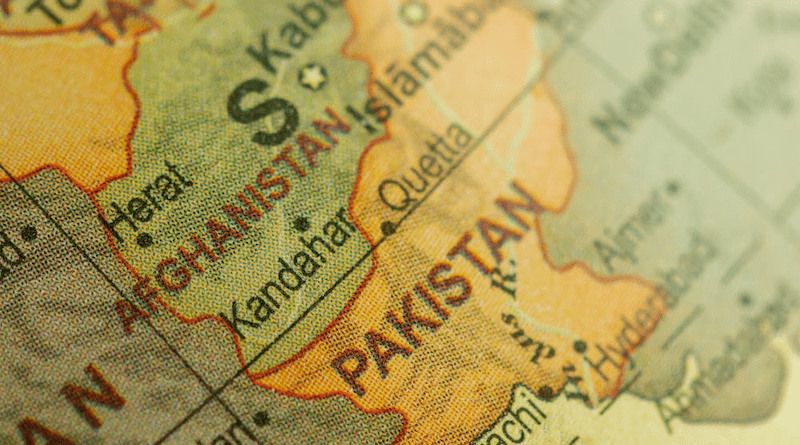Pakistan’s Complex Challenge: Striking A Balance Between Generosity And National Security In Context Of Afghanistan – OpEd
By Tayyaba Khan
Pakistan has a long history of providing shelter and support to Afghan refugees, with the population of Afghan nationals in the country surging to an estimated 3.7 million. Of these, Out of them, only 1.3 million have proof of registration cards and are formally registered; 880,000 refugees have a Pakistani government-issued Afghanistan national’s card that is valid for one year.
Pakistan is not deporting those Afghan people who have cards or living legally in Pakistan, the people deported b Pakistan are only those citizens who were living n Pakistan illegally. Notwithstanding this kindness, the current decision to return Afghan refugees to their country is based on reliable intelligence that associates some Afghan nationals with terrorist operations, especially when working with the Tehreek-e-Taliban Pakistan (TTP).
Pakistan has started a mission to return Afghan refugees, which has generated conversations and arguments about how to strike a delicate balance between national security imperatives and humanitarian concerns. Millions of Afghan refugees have been graciously hosted by Pakistan for more than 40 years as they have fled violence and instability in their own country. The Pakistani government, however, has had to reassess its strategy in light of recent events, raising suspicions that certain Afghan citizens may be aiding terrorism within Pakistan.
Given that 58% of Pakistani terrorist attacks in 2023 were Afghan nationals, there are grave worries that the hospitality provided to refugees may be abused. According to intelligence assessments, Afghan nationals are reportedly joining the TTP and disobeying orders from Hibatullah Akhundzada, the country’s supreme commander. This dangerous trend has prompted the Pakistani government to take strong action to safeguard its citizens and maintain internal security.
It is important to consider national security considerations when interpreting the Pakistani government’s decision to repatriate Afghan refugees. The participation of Afghan nationals in terrorist activities within Pakistan is a blatant betrayal of the hospitality shown to them. The government makes it clear that this action is not a betrayal of its long-standing support for refugees, but rather an essential measure to prevent a small number of people with bad intents from abusing this kindness.
The humanitarian side of the refugee issue must be acknowledged, even though national security concerns take precedence. Millions of Afghan refugees have been hosted by Pakistan for decades, demonstrating their kindness and compassion. Finding a careful balance that solves security issues without sacrificing the values of kindness and hospitality is the difficult part.
Reuniting Afghan refugees with their families in Pakistan is a complicated matter that calls for careful consideration. It is important to consider Pakistan’s choice to act against terrorists as a reaction to sincere worries about national security. In order to provide a fair and safe conclusion for all parties concerned, striking a balance between this and the humanitarian tradition of hosting refugees is a problem that calls for cooperation and support from the international community.

